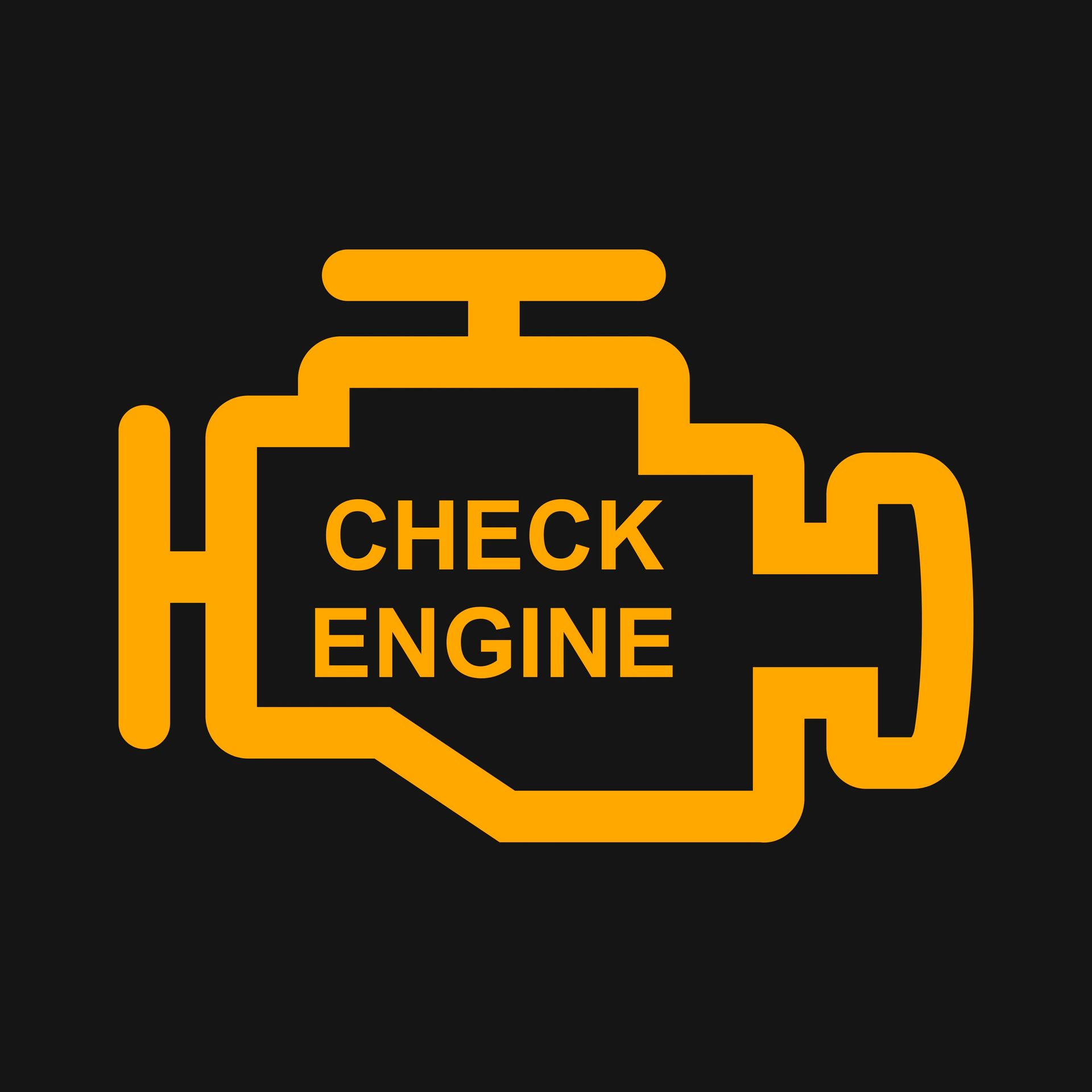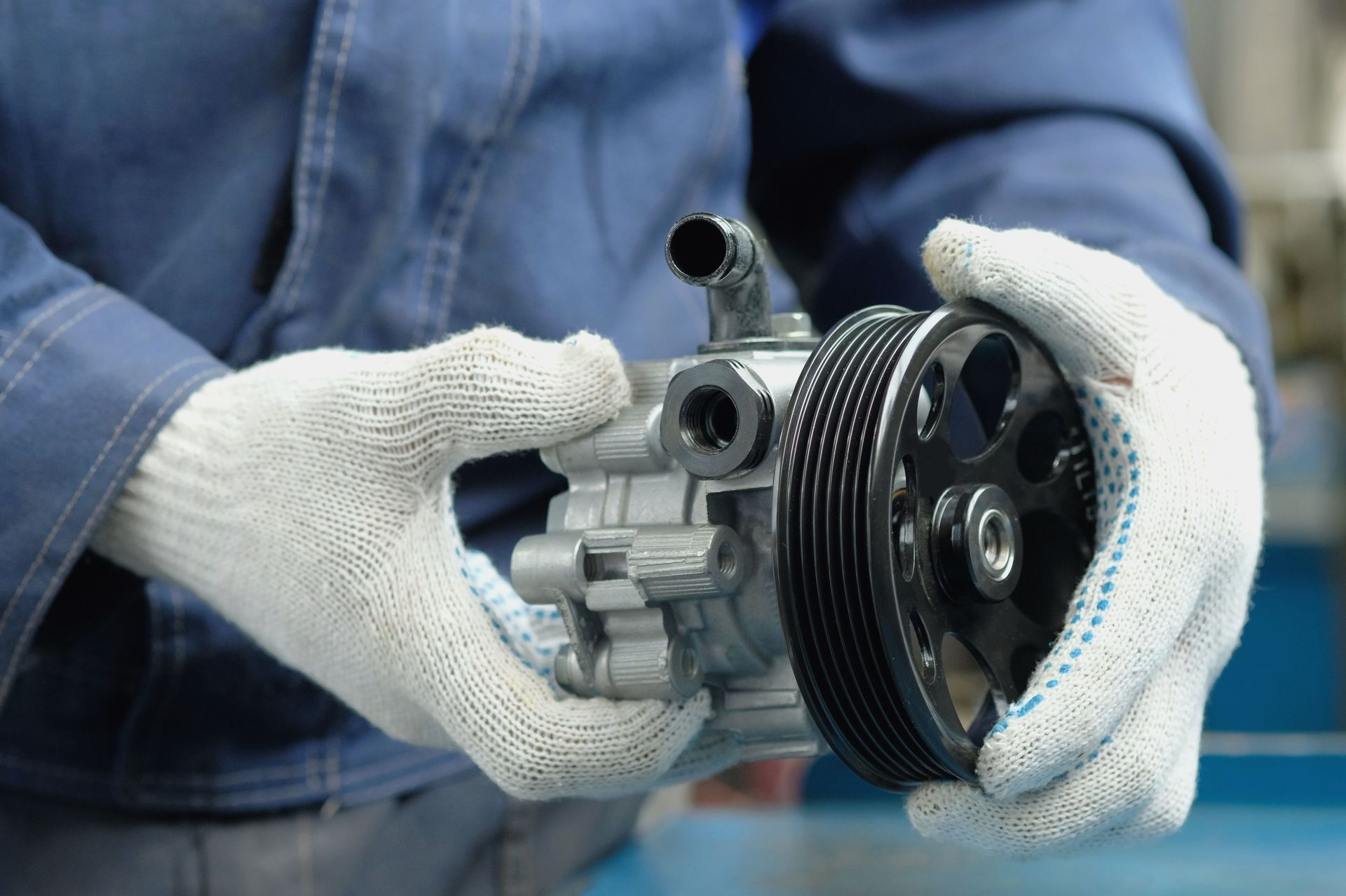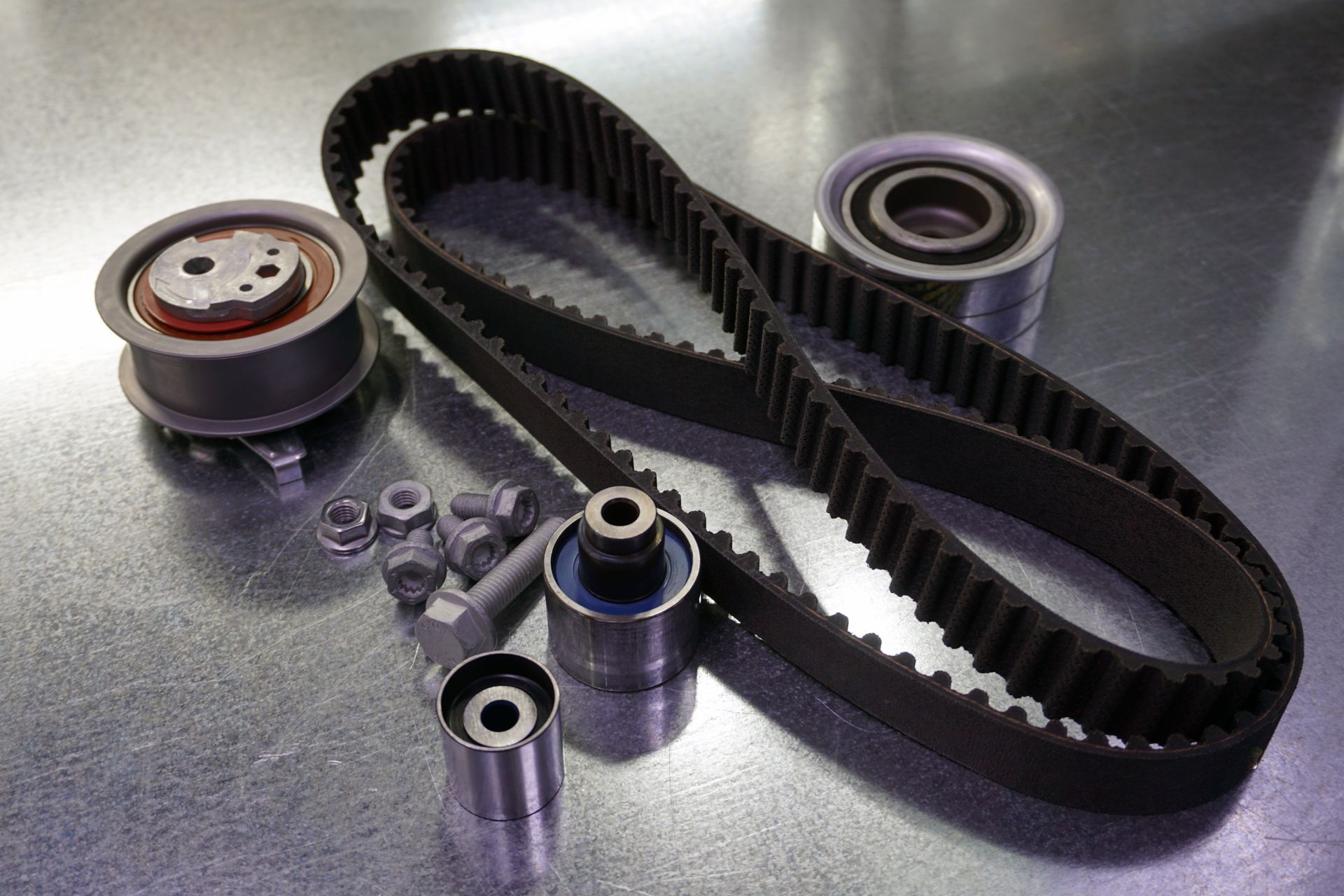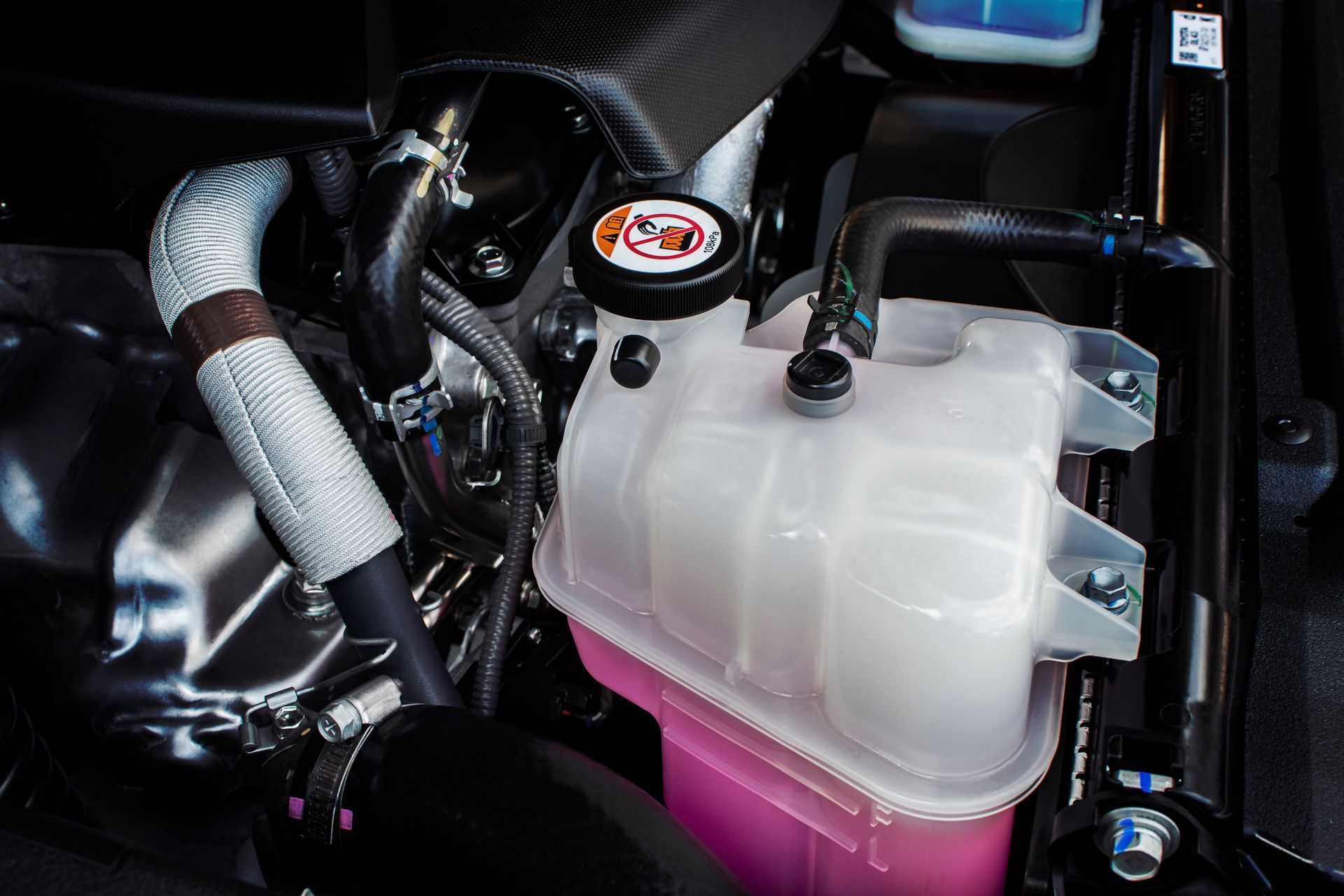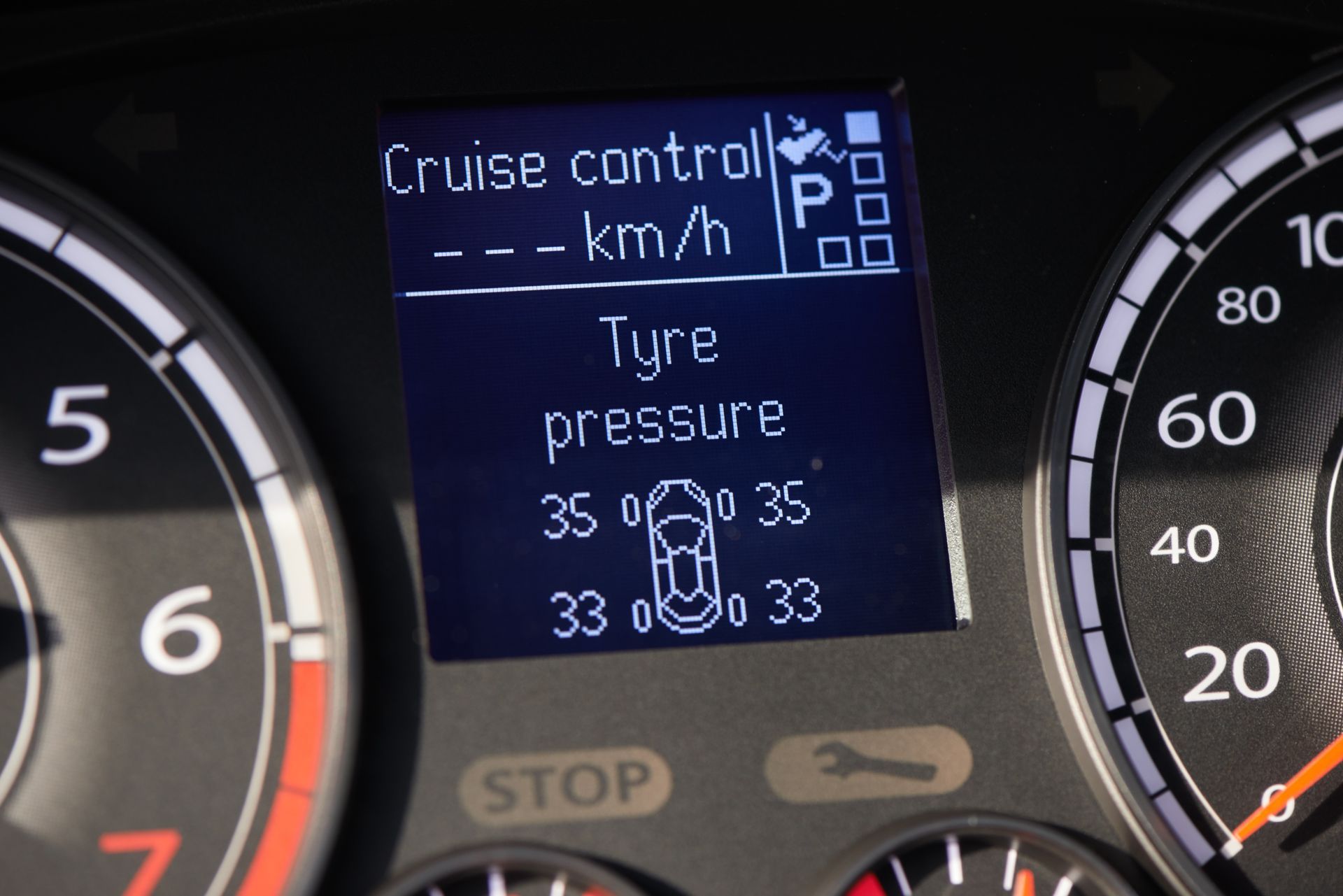Choosing the right engine oil for your car is one of the most important decisions you can make for its long-term performance and health. You might have heard about synthetic engine oils, but what exactly makes them different from conventional oils? And more importantly, how can they benefit your vehicle? We'll explain the advantages of switching to synthetic engine oil and why it might be the best choice for keeping your engine running smoothly and efficiently.
What is Synthetic Engine Oil
Unlike conventional oils, which are refined from crude oil, synthetic oils are chemically engineered to provide superior lubrication. They’re designed with advanced formulas that enhance their performance under extreme conditions, whether it’s the scorching heat of summer or the freezing temperatures of winter. The base oils used in synthetic blends are highly purified and combined with additives that improve their protective qualities.
This controlled production process means synthetic oil is free from many of the impurities found in regular motor oils, which can degrade engine performance over time. So, if you’re looking to optimize your engine’s health, synthetic oil might just be your best bet.
Enhanced Engine Protection and Longevity
One of the standout benefits of synthetic engine oil is its superior ability to protect your engine. It’s specifically designed to reduce friction, which is the enemy of any engine. Over time, friction can cause wear and tear on engine components, leading to costly repairs. Synthetic oil’s uniform molecular structure allows it to create a more effective barrier between engine parts, reducing wear and extending the life of your engine.
Moreover, synthetic oils are less likely to form sludge and deposits, which can clog up your engine over time. These deposits are common in engines using conventional oil, especially if oil changes are neglected. By switching to synthetic oil, you can keep your engine cleaner and running efficiently for longer periods.
Superior Performance in Extreme Temperatures
Ever wondered how your car’s engine performs when faced with extreme temperatures? Synthetic engine oil excels in both high and low temperatures, making it an ideal choice for drivers who face diverse weather conditions. Conventional oils tend to thicken in cold weather, which can make it harder for your engine to start. On the other hand, synthetic oil maintains its viscosity in cold temperatures, ensuring a smoother startup and better protection during those cold winter mornings.
When it comes to hot climates, synthetic oil is designed to withstand higher temperatures without breaking down. This means your engine remains well-lubricated even during long drives in the heat, reducing the risk of overheating. So whether you’re facing a sweltering summer or a frosty winter, synthetic oil keeps your engine protected.
Improved Fuel Efficiency
Who doesn’t want to save a little money at the gas pump? Switching to synthetic oil can actually help improve your car’s fuel efficiency. How, you ask? Synthetic oil flows more easily through the engine, reducing the friction between moving parts. This reduction in friction means your engine doesn’t have to work as hard, which translates to better fuel economy.
Although the difference might not be huge, every little bit counts, especially over the lifespan of your vehicle. You’ll notice that your car’s performance is not only smoother but also more efficient, giving you more miles per gallon.
Fewer Oil Changes and Reduced Maintenance Costs
If you’re looking to cut down on trips to the repair shop, synthetic oil has another major advantage: it lasts longer than conventional oil. Because it’s designed to resist breaking down under extreme conditions, you can go longer between oil changes. While traditional oils need to be changed every 3,000 to 5,000 miles, synthetic oils can often last between 7,500 to 15,000 miles, depending on the brand and your driving habits.
This extended lifespan means you’ll spend less time worrying about maintenance and more time enjoying your ride. Plus, fewer oil changes translate to reduced maintenance costs over the life of your vehicle. So while synthetic oil might cost a bit more upfront, it can save you money in the long run.
Better for Turbocharged Engines
If you own a turbocharged vehicle, synthetic oil is practically a must. Turbo engines run hotter and at higher pressures than naturally aspirated engines, which can cause conventional oils to break down faster. Synthetic oils are specifically designed to handle the high stress of turbo engines, providing the necessary lubrication and protection to prevent damage. So if your car is turbocharged, making the switch to synthetic oil could enhance its performance and prolong its life.
Want to maximize your car’s performance with synthetic oil? Come to
Snider Automotive and let our skilled technicians take care of your engine. Contact us today
for premium maintenance services!

